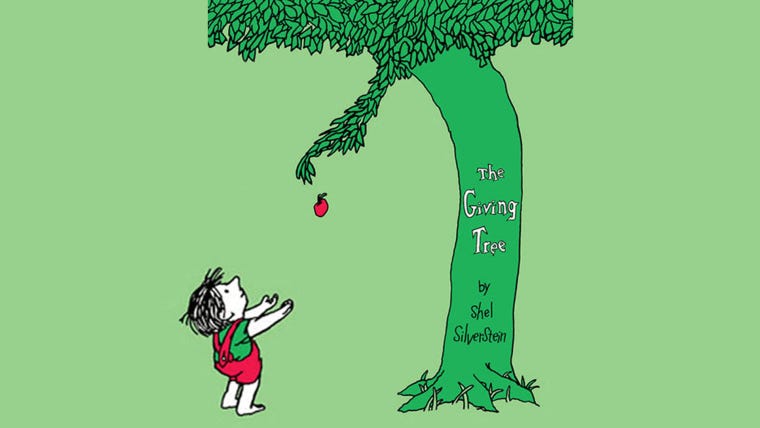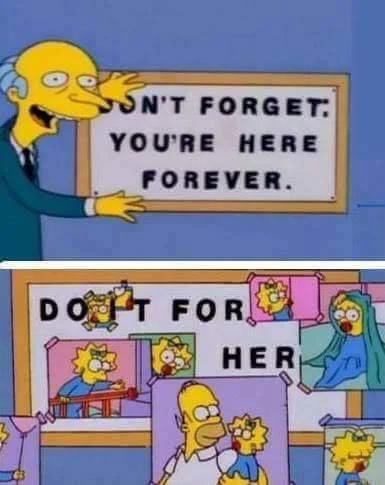In this post
What is an identity?
Why we are not our jobs.
How we provide value in different currencies.
Get a snapshot of your social roles and values.
With work bleeding into every corner of our lives, it is easy for our jobs to become our identity. Losing it can feel like you no longer have an identity or provide value.
The American Psychological Association defines identity as
an individual’s sense of self defined by (a) a set of physical, psychological, and interpersonal characteristics that is not wholly shared with any other person and (b) a range of affiliations (e.g., ethnicity) and social roles.
Identity is too complex of a topic to cover in a single post. This post will focus on social roles.
We are not our jobs. A job is one of of the many roles we play in our lives. Sometimes it take more space than others. “I spend most of my time working.” Sometimes it is easier to share than a laundry list. “I’m a marketer, dog mom, volunteer…” And sometimes it is the role we like to spotlight because it shows us in the best light. But that doesn’t mean our job is our only role.
In each of these roles we provide value in different currencies. Money is only one currency that too often gets over indexed. Love, compassion, and safety are a few others.
💬 The Giving Tree: Ever read The Giving Tree by Shel Silverstein? If not, I highly recommend reading (or in a pinch YouTube) it and keeping a box of tissues nearby. The book chronicles the relationship between a child and a tree. As the child grows, the support the tree provides evolves.
Our jobs may not define us correctly or at all.
Jobs don’t tell the full story of our work. Jobs are one component of a career that continues to evolve by level, company, scope, etc. That is why LinkedIn’s profile has so many different sections. LinkedIn knows jobs (aka “Experience”) doesn’t cover it all.
Our job may not be the role we want now or ever. People take jobs for a variety of reasons. A job could just be that, a job you do to pay the bills. Not how you choose to define yourself.
If we’re more than our jobs, what are our other roles? Let’s use an ecomap to find out.
Ecomap exercise
An ecomap is a tool used in social work to diagram relationships and networks.
There are many steps in building a complete ecomap. For our purposes we’ll only complete two steps. This exercise should take a maximum of 10 minutes.
Get a sheet of paper or use a template like Canva’s Ecomap template. Write your name in the center and circle it.
Ideate all the different roles you play in you social system. Big or small. Temporary or permanent. Add them all. Every role counts.
💬 Example: One of my roles is volunteer. Every week I volunteer 1-2 hours updating the database for a dog rescue.
Continuing the bubble map format, ideate how you provide value in each role. Again, big or small. Temporary or permanent. Add them all. Every bit counts.
💬 Example continued: Even though it is a tiny role, it is impactful. Photos are key to connecting future pet parents with their pup. Each profile is limited to six photos so the selected six photos must capture the information future pet parents need to make the decision to adopt. While updating the database isn’t the sexiest role, it also helps the staff who has a bajillion other things on their plate.
By the end of the exercise you should have a quick and dirty snapshot of the different roles you play and the value you provide in each role.
Don’t forget, like The Giving Tree our roles and values are continuously evolving. Your ecomap is not static.
Who are you without your job? Many things to many people. Just because you’re between jobs or your income level has changed doesn’t mean you don’t provide value. We support our social systems in a variety of currencies. Don’t let your job status obscure and define you.
Feedback? Share it here. We’re new so we appreciate constructive feedback.










